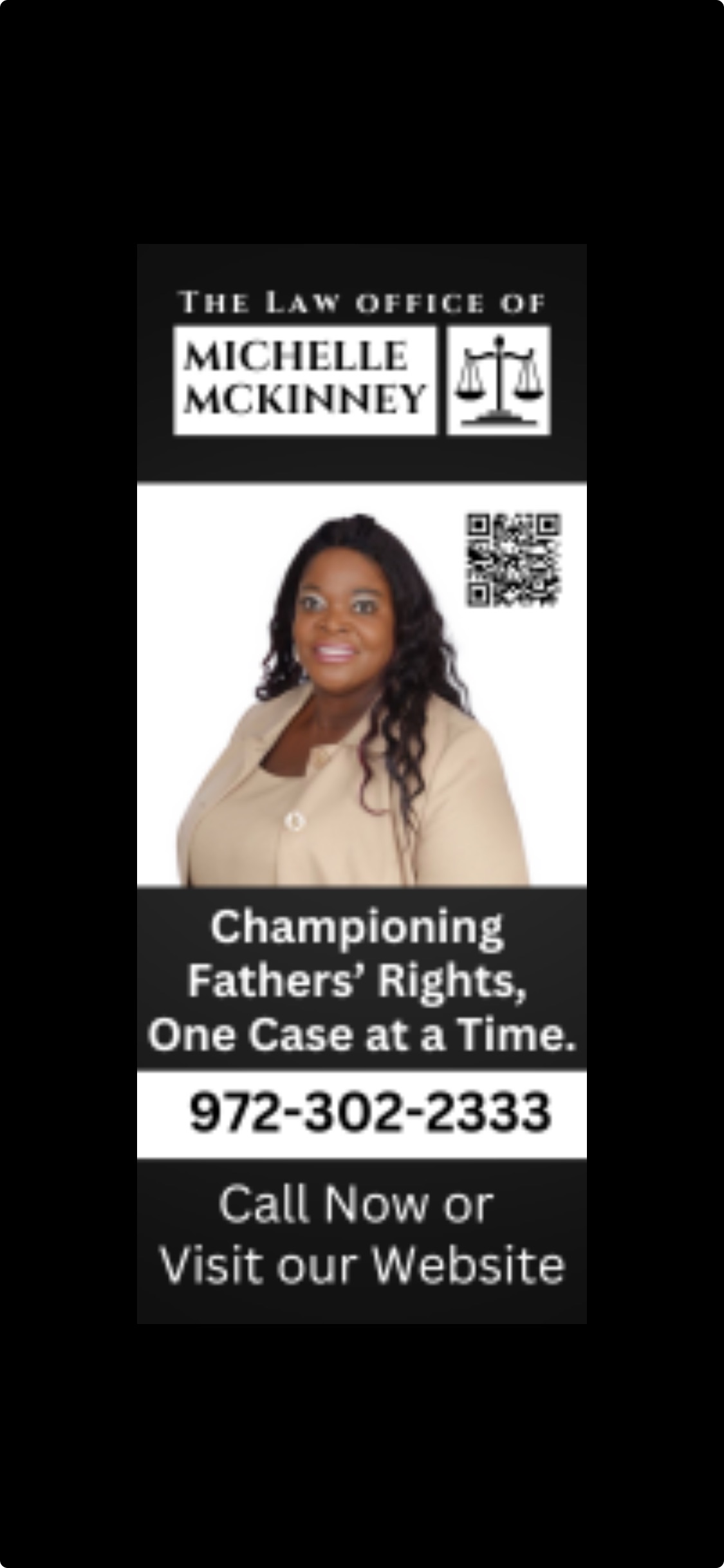Banners - Side
Generally and Private Causes of Action
By: Warren & Associates
Actions for Damages - Generally and Private Causes of Action
There are at least four types of actions for damages that may be brought by aliens as a result of their alleged treatment by governmental officials: (1) claims under the Federal Tort Claims Act; (2) actions under the federal civil rights statutes; (3) Bivens actions; and (4) private causes of action. These different theories of recovery differ in many ways, including what prerequisites exist before a lawsuit may be pursued, who may be sued, and what may be recovered.
The first three of these types of suits are the most successful. They each have well-defined components, theories of recovery, and defenses. However, a private cause of action could potentially succeed against government officials or the government itself. For this to occur, an alien would have to request a court to imply a federal cause of action from the federal immigration statutes. This is because the immigration laws do not expressly create a remedy for aggrieved parties to pursue.
The relevant criteria in determining whether a private remedy is implicit in a statute that does not expressly establish a private cause of action were established by the United States Supreme Court. They are as follows: (1) do the statutes, here the immigration statutes, demonstrate legislative intent to create a private cause of action, either explicitly or implicitly; (2) would it be consistent with the underlying legislative scheme of the immigration laws to imply a private remedy; (3) does the requested cause of action fall within the realm of state law, rendering it potentially inappropriate to imply a separate cause of action under the federal immigration laws; and (4) does the person requesting the creation of a cause of action fall within the class the immigration laws were designed to protect?
At least three federal circuits have considered whether implied private causes of action might be available to aliens, and all have rejected the existence of such remedies. However, at least theoretically, an alien might succeed in the future in demonstrating that these four criteria exist relative to his or her claimed damage, so private causes of action should be considered one of potential avenues of recovery for aggrieved aliens.
What To Do When Your Spouse Forges Your Names On A Loan Application
By: T.D. Lewis of T.D. Lewis Law Firm, PLLC
What do I do if my spouse forges my name on a credit card or loan application, without my knowledge or consent, and racks up a huge debt?
I am writing this article because I have found that this question comes up quite a bit when I talk to clients.
Texas is a community property state. This means, with exception, that all assets and liabilities acquired by either spouse during marriage belong to the marital community. However, if your spouse forges your name on a credit card application or other unsecured loan application, there are remedies available to you.
First, you need to contact the lender to let them know that your spouse forged your name on the application. If your spouse sent the application via mail or fax, then the lender had a duty to verify the applicant and the applicant's signature were genuine. The lender may balk at transferring the debt from you to your spouse. In that case, I would recommend you retain an attorney to file suit against the lender for its negligence. The lender will likely bring your spouse into the suit as a cross-party defendant. All of this gets a bit tricky, which is why I recommend you retain an attorney should the lender not release you from liability on the debt.
Second, you may have an action against your spouse during the divorce lawsuit under the doctrine "fraud on the spouse." Typically, after divorce, the rights of preexisting creditors are not affected. This means, even if the divorce decree gives one spouse responsibility to pay a debt, if that spouse defaults on payment, the creditor still has a cause of action for collection against the borrower of the loan. Therefore, if the above-mentioned unsecured loan has not been corrected or if it is still pending (in litigation, etc.), you are the liable party as the "borrower."
That said, in your divorce petition and during your divorce proceeding, you should assert the "fraud on the spouse" doctrine. Fraud on the spouse or community can be through "actual fraud" or "constructive fraud." Constructive fraud is when one spouse disposes of the other spouse's interest in community property without the other's knowledge or consent. Actual fraud exists when a spouse not only deprives the community of assets to the detriment of the other spouse, but may have done so with dishonesty of purpose or intent to deceive. If constructive fraud is shown, then the party alleging it need not show actual fraud, which is more difficult to prove.
This would be the case with the credit card monies, or any other assets your spouse disposed of unreasonably or via gifts to others. If this happened shortly before your spouse left, then you have a good argument. The court may not make your spouse pay you back, but it may weigh more of the community assets in your favor during the "just and right" property division.
These matters can become very complex, and in the event that you are unsure or uncertain you should consider seeking legal advice.
T.D. Lewis of T.D. Lewis Law Firm, PLLC
Dallas & Collin County, Texas
Tel: (972)455-2810
Toll Free: (877)469-5997
www.lewisjustice.com






